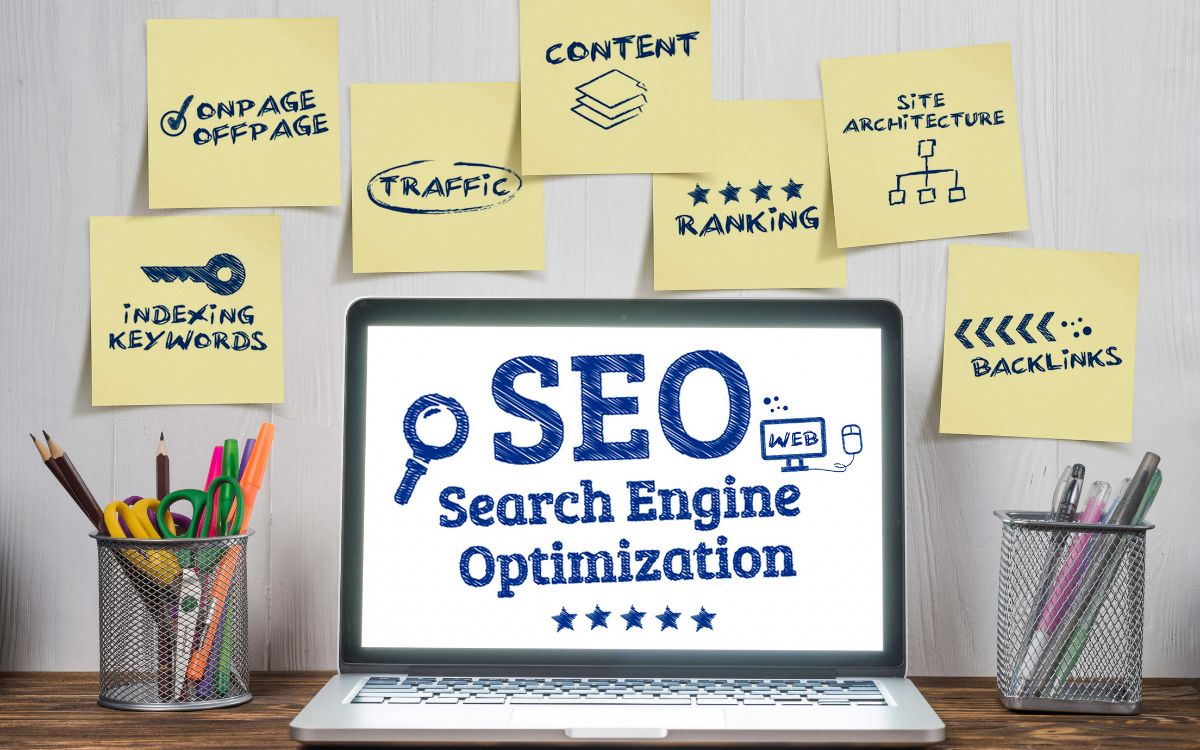Off-page SEO refers to the optimization efforts that take place outside of your website to improve its search engine rankings. While on-page SEO focuses on optimizing elements within your website, such as content and HTML source code, off-page SEO involves activities performed outside of your website to enhance its authority, relevance, and popularity in the eyes of search engines. Off-page SEO primarily revolves around link building, social media marketing, and other external factors that influence your site’s visibility and reputation on the web. Some common off-page SEO techniques include:
- Link Building: Acquiring backlinks from reputable and relevant websites is crucial for off-page SEO. High-quality backlinks serve as “votes of confidence” from other sites, indicating to search engines that your site is trustworthy and valuable.
- Social Media Engagement: Active participation on social media platforms can help increase brand visibility, attract more traffic to your website, and encourage social sharing of your content. Social signals, such as likes, shares, and comments, can indirectly impact your search engine rankings.
- Social Bookmarking: Submitting your website’s content to social bookmarking sites can help generate backlinks and increase exposure. Popular bookmarking sites like Reddit, Digg, and StumbleUpon can drive traffic and improve your site’s authority.
- Guest Blogging: Contributing guest posts to other blogs in your industry can help you reach a wider audience, establish your expertise, and earn valuable backlinks to your site.
- Influencer Outreach: Collaborating with influencers or industry experts can help you gain exposure to their followers and attract new audiences to your website. Influencer partnerships can also lead to valuable backlinks and social media mentions.
- Content Marketing: Creating high-quality, valuable content that naturally attracts links and social shares is essential for off-page SEO success. Infographics, videos, blog posts, and other types of content can help you build authority and attract inbound links.
- Local SEO: If your business targets a specific geographic area, optimizing your online presence for local search is crucial. This involves creating and optimizing local listings on platforms like Google My Business, Yelp, and Bing Places.
- Online Reviews: Encouraging satisfied customers to leave positive reviews on platforms like Google, Yelp, and Facebook can improve your reputation and visibility in local search results.
